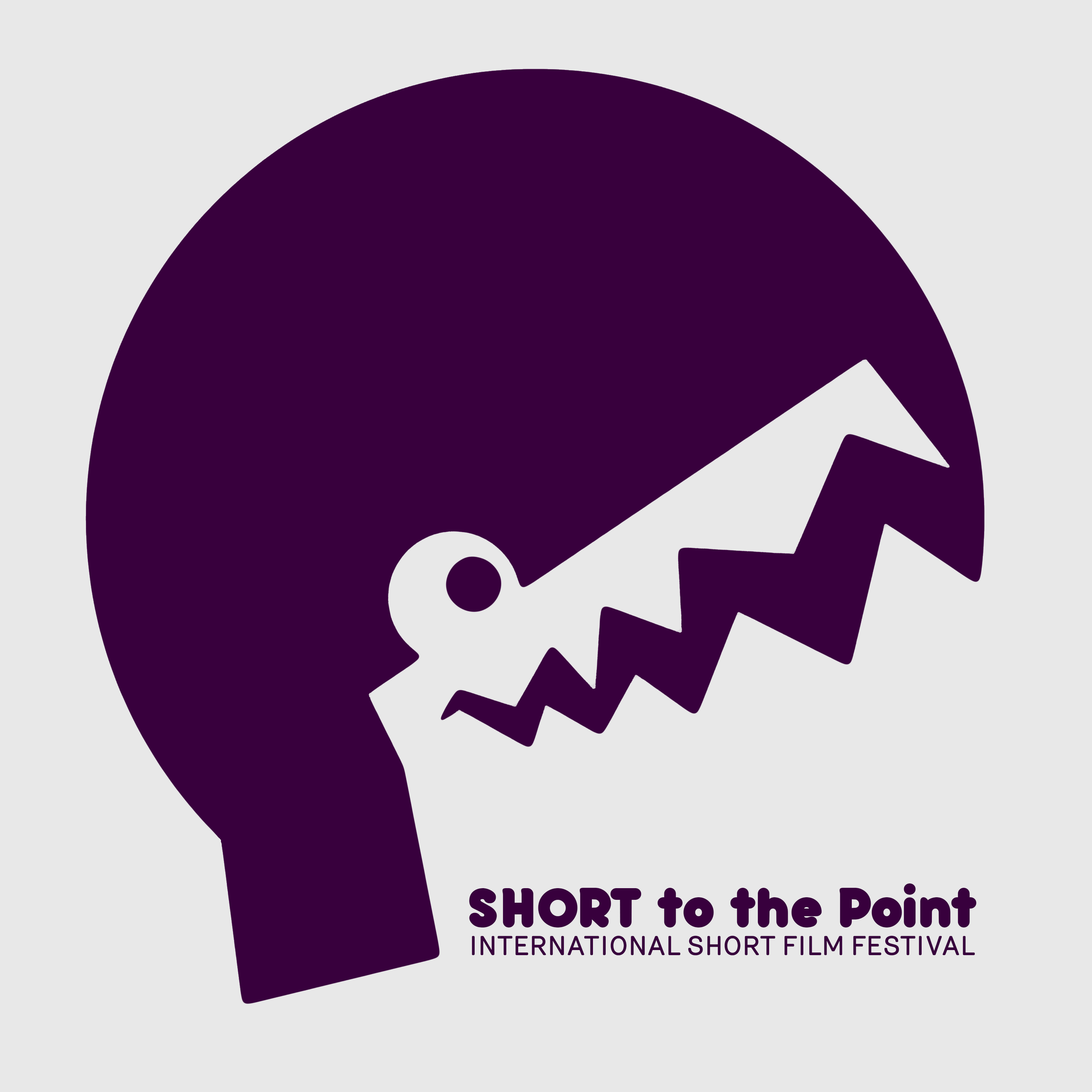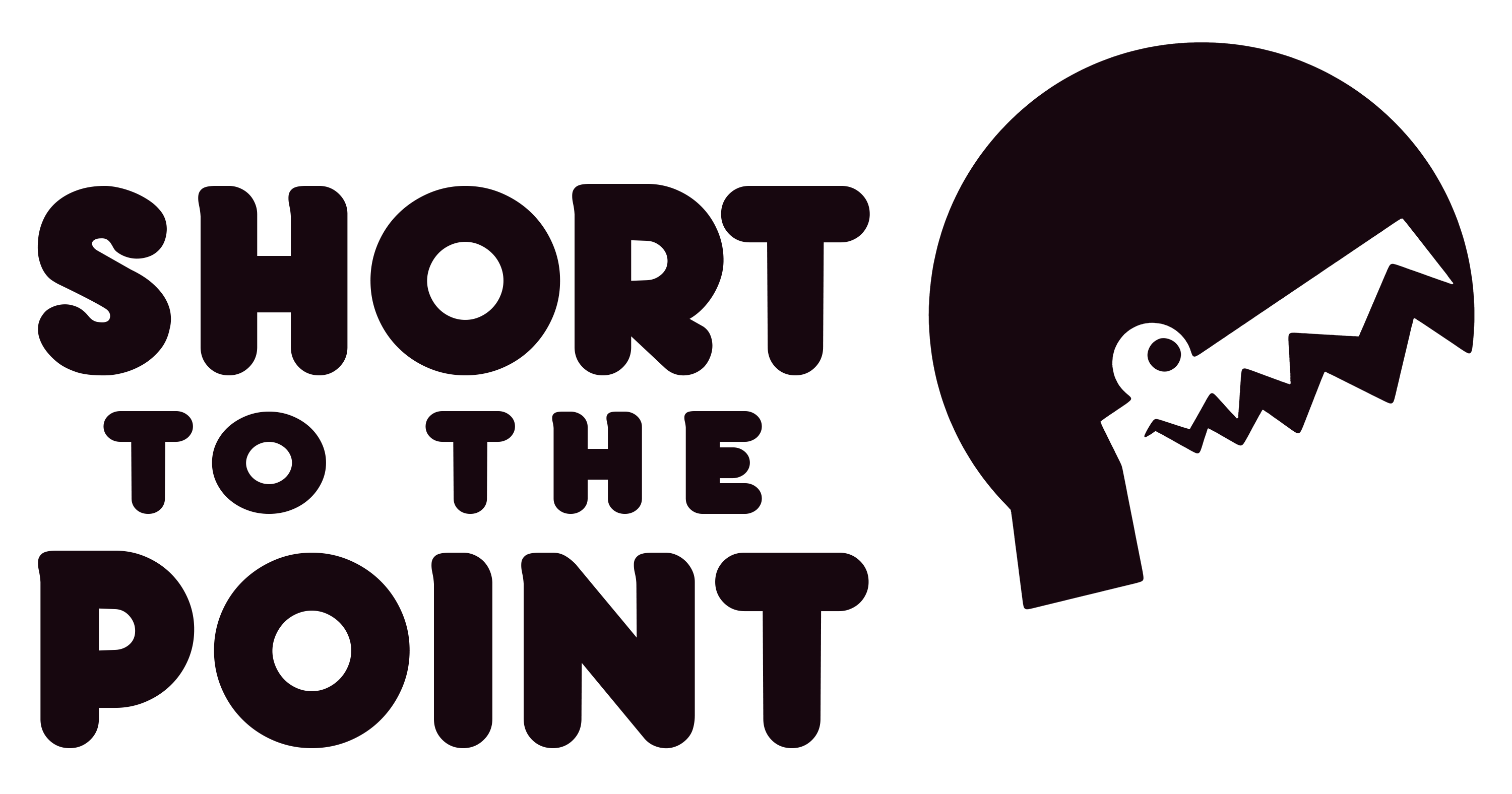- Was there a particular event or time that you recognized that filmmaking is your way of telling stories?
Neither of us can pin down one moment. Growing up, we both just loved watching films. When it comes to making them, we’re attracted to the kinds of stories that you can tell in 100 or so minutes and we’re passionate about the visual storytelling that is the essence of cinema.
- Do you think it is essential to go to a film institute in order to become a successful filmmaker?
We certainly hope it isn’t essential, as neither of us attended one. We are, of course, constantly learning and teaching ourselves, by watching, making and writing films and reading or listening to the words of other filmmakers.
- Is it harder to get started or to keep going? What was the particular thing that you had to conquer to do either?
Getting started. There’s always going to be a hundred reasons to put off starting the project but once it gets underway, it builds an inertia of its own. There becomes an inevitability about everything and your only job is to keep caring and giving it your full attention until it’s done. Which of course can be difficult at times, but the first steps are always the toughest.
- What was the most important lesson you had to learn that has had a positive effect on your film? How did that lesson happen?
The most important lesson seems to be that making a film will always be a massive undertaking and involve a fair amount of ploughing headlong into the unknown. Embracing that has a positive effect on the film. You have to solve the problems presented to you by working as creatively and intelligently as possible in the moment that they arrive. Meanwhile the whole process involves learning one lesson after another.
- What were the production realities from casting through editing that you had to accommodate? How did you navigate those compromises or surprises and still end up with a cohesive film?
You will never have enough money. Everything takes longer than you think it will. You have to balance being faithful to your vision with production realities that can feel like compromises. You have to judge when to be pragmatic and when to spend extra time and money, both of which are limited resources. It’s all about constantly exercising that judgment. How well you manage to do that will be reflected in the quality of the final film. Fight too few battles, and the end product will be compromised. Refuse to compromise at all and there will be no end product.
- What was the hardest artistic choice you made in the making of a film, at any stage in production?
Directing a film is, in the simplest terms, about constantly making choices and decisions. You can’t begin to make those if you haven’t established the proper foundations that will underpin them. The hardest choice is what the film will be in the first place: what is the tone, what are the genres that your working with or against, what styles are you playing with, do you want the film to have any specific meaning at the heart of it? If you can answer those questions clearly then hopefully everything else can flow from there.
- You are a collaborator. How have you discovered members of your team and how do you keep the relationship with them strong?
We started assembling our team by approaching people that we’d met in a whole variety of ways through the years and had become friends with. Then we looked to fill in the remaining gaps by approaching people in their networks. After that, we found people online: Twitter, personal websites, even LinkedIn led us to crew members. We think that it was key that our crew were passionate about the project and it helped that making a Western in a Spanish desert was a fun break from the norm for many of our cast and crew. We always tried to be decent people and lead by example: we never asked anyone to do anything that we weren’t willing to do ourselves, however menial the task, especially when the going got tough and when we were all exhausted.
- What do audiences want? And is it the filmmaker’s role to worry about that?
Audiences want to be engaged. When you make a film, you are trying to communicate with the audience, so you are constantly considering how your storytelling choices are likely to be interpreted and understood. Simultaneously, you will never please all the viewers and it’s entirely legitimate to embrace ambiguity and complexity, even if that may alienate some. Considering the audience doesn’t equate to making films for the lowest common denominator.
- What role have film festivals played in your life so far? Why are they necessary? How do you get the most out of them?
Honestly, we haven’t been to enough of them and that’s something that we need to improve upon. It’s fantastic and necessary that there’s a forum for independent films to be shown. Having our film selected for a few festivals now has been a boost to us. To know that strangers have watched and enjoyed our film, selecting it from amongst hundreds or even thousands of entries, is flattering and encouraging.
- Do you believe that a filmmaker should be original and fresh or he/she should stick to classic but safe cinema style?
You have to love what you do, and you can’t aim to please everyone. Ultimately you have to make the film that you think you yourself would like to watch if someone else had made it. Pick whichever style you believe best suits your story and make the type of cinema you want to make, or you’ll come to regret putting in the insane effort that goes into making a film, only to find that you don’t like it yourself.
[Brief bio of upcoming projects: The feature film ‘King of Nowhere’, written by Charlie Brafman & Magnus McCullagh, produced by CZAR and directed by Lieven Van Baelen, is shooting in summer 2019. Charlie & Magnus are currently working on another feature film with Lieven, as well as working on their own writing and directing projects through their production company Strange Lightning – www.strangelightning.com]


BEST DIRECTOR, BEST CINEMATOGRAPHY, BEST EDITING@ SHORT TO THE POINT – DECEMBER 2018 AWARDS
The Rabbit’s Foot
Director: Charlie Brafman, Magnus McCullagh
Country: United Kingdom
Duration: 19:12
Synopsis: ‘Lucky’ Francis, a card player blessed with an improbable degree of fortune, is digging a grave next to the old hanging tree, nine miles west of Yackton. An uncivilised brute by the name of William Barleycorn rides through the desert to meet him, having accused Francis of a most blasphemous indecency. Naturally, scores must be settled… Meanwhile, in a river out beyond Cob’s Hollow, in parts as yet uncharted, a hitherto luckless prospector has struck gold and the worm may finally have turned… But fate is a fickle friend, as the prospector has surely learned by now. Under the auspices of a mystical rabbit’s foot, the fortunes of these three men shall intertwine with fatal consequences in this pitch black comic fable.











